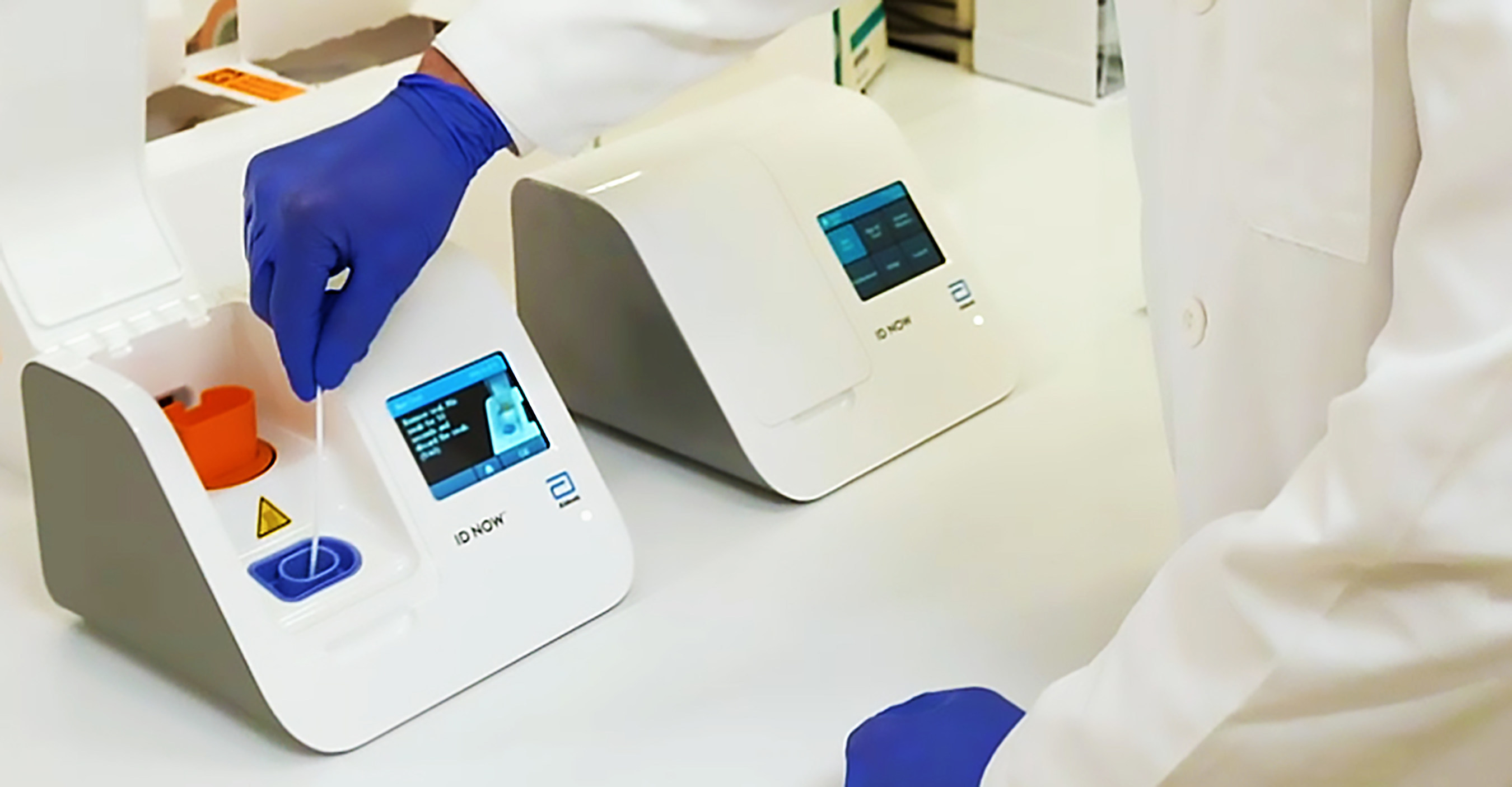Rapid Norovirus Detection Test in Shellfish
The rapid norovirus detection test in shellfish is a crucial tool for ensuring food safety and public health. Noroviruses are a significant cause of gastrointestinal illness globally, with shellfish often implicated as a vehicle for transmission. This test allows for quick identification of norovirus contamination in shellfish, enabling timely interventions to prevent outbreaks.
Shellfish, such as oysters, clams, and mussels, can harbor noroviruses if harvested from contaminated waters. The traditional methods for detecting noroviruses are time-consuming and labor-intensive, which may delay the implementation of control measures. This rapid detection test, however, provides results in a matter of hours, making it an invaluable tool for regulatory authorities and food processors.
The test relies on advanced molecular techniques such as reverse transcription polymerase chain reaction (RT-PCR) or loop-mediated isothermal amplification (LAMP). These methods are highly sensitive and specific, ensuring accurate identification of norovirus RNA in shellfish samples. The test kits are designed to be user-friendly, requiring minimal training for operators.
Shellfish industries worldwide face increasing pressure from regulatory bodies to ensure the safety of their products. This rapid detection method helps meet these demands by providing a reliable and efficient means of quality control. By integrating this test into routine testing protocols, shellfish processors can enhance food safety standards and maintain consumer trust.
The application of this test extends beyond mere compliance; it also contributes to public health by preventing the spread of norovirus through contaminated shellfish. The ability to detect norovirus early allows for swift actions such as product recall or source water treatment, thereby reducing the risk of outbreaks in communities.
Moreover, the rapid nature of this test facilitates quicker response times during outbreaks. Regulatory authorities can act more promptly, implementing targeted interventions and communicating risks effectively to consumers. This proactive approach not only mitigates health risks but also protects the reputation and market stability of shellfish industries.
The use of this test is part of an integrated strategy for food safety in the clinical and healthcare sector. By detecting norovirus contamination early, it supports broader public health initiatives aimed at reducing gastrointestinal illnesses linked to contaminated foods. This service plays a pivotal role in maintaining high standards of hygiene and quality control within the shellfish industry.
Applied Standards
| Standard Code | Description |
|---|---|
| ISO 15143-2:2017 | Rapid methods for the detection of norovirus in shellfish |
| ASTM E2689-16 | Standard guide for sampling and testing shellfish for norovirus |
| EN 15703:2009 | Shellfish - Sampling, preparation, and analysis of samples for the detection of norovirus by PCR methods |
| Standard Code | Description |
|---|---|
| IEC 62305-1:2018 | Electromagnetic compatibility - Part 1: Common methods of measurement and performance criteria to ensure electromagnetic compatibility |
| FDA Guidance for Industry | Guidance on rapid diagnostic tests for norovirus in shellfish |
Benefits
The implementation of a rapid norovirus detection test in the clinical and healthcare sector offers numerous benefits, particularly within the context of point-of-care testing. By providing quick results, this service enhances efficiency in food safety management.
- Early Detection: The ability to detect norovirus contamination early allows for timely interventions and prevents outbreaks.
- Enhanced Compliance: This test supports regulatory requirements by ensuring that shellfish processors adhere to strict hygiene standards.
- Better Consumer Trust: By maintaining high food safety standards, this service helps protect public health and consumer trust in the industry.
- Prompt Outbreak Response: The rapid nature of this test facilitates quicker responses during outbreaks, enabling swift actions such as product recall or source water treatment.
- Improved Market Stability: By ensuring the safety of shellfish products, this service contributes to market stability and reputation protection.
The integration of this test into routine testing protocols also supports broader public health initiatives aimed at reducing gastrointestinal illnesses linked to contaminated foods. This proactive approach not only mitigates health risks but also plays a crucial role in maintaining high standards of hygiene and quality control within the shellfish industry.
Why Choose This Test
- High Sensitivity & Specificity: The test kits are designed to detect norovirus RNA accurately, ensuring reliable results.
- User-Friendly: These tests require minimal training for operators and can be performed quickly in a laboratory setting.
- Compliance with Regulations: This service aligns with international standards, including ISO 15143-2:2017 and ASTM E2689-16, ensuring compliance with regulatory requirements.
- Cost-Effective: Early detection allows for timely interventions, reducing the costs associated with outbreaks and recalls.
- Environmental Benefits: By preventing contamination of shellfish, this test helps preserve natural resources and ecosystems.
The rapid norovirus detection test in shellfish is a critical tool in maintaining food safety standards. Its ability to provide quick results ensures that timely interventions can be made to prevent outbreaks and protect public health. This service not only supports regulatory compliance but also contributes to the broader goal of reducing gastrointestinal illnesses linked to contaminated foods.





